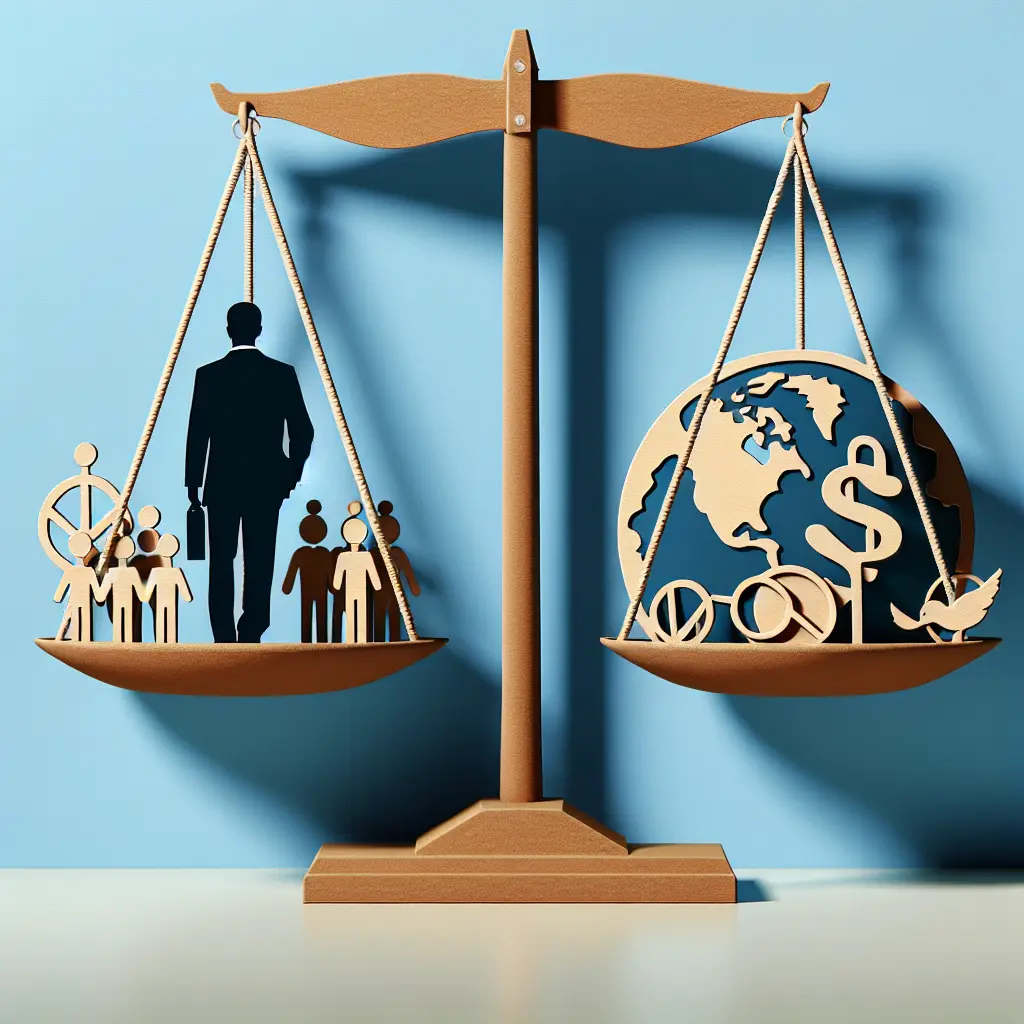
The U.S. presidential elections consistently stand as pivotal events, not only shaping domestic policies but also significantly impacting global dynamics. As the world’s foremost superpower, the outcome of the US presidential elections invariably influences US foreign policy, setting the tone for international relations and diplomatic engagements. In this comprehensive analysis, we delve into how presidential elections influence U.S. foreign policy, examining historical trends, recent developments, and potential future scenarios.
Impact of Presidential Elections on US Foreign Policy
Every four years, the US presidential elections offer a moment for potential shifts in the country's foreign policy. The newly elected or re-elected president's viewpoints and party ideologies often lead to reassessments or modifications of existing international policies. This phenomenon underscores the profound impact of electoral politics on foreign strategy, as shifts in leadership can alter how the US engages with the rest of the world.
Election Outcomes and Foreign Policy Dynamics
Historically, presidential elections have led to notable shifts in US international relations. For instance, transitions from one administration to another often result in changes in diplomatic priorities and tactics. The presidential impact on diplomacy can be observed through new treaty negotiations, shifts in military strategy, or re-alignments in alliances and partnerships.
Recent News Highlighting US Leadership Global Influence
Recent events underscore the ongoing influence of US leadership on global stages. For example, the U.S. women's soccer team, under new leadership, recently secured a victory over Zambia. This event, while primarily sports-related, subtly emphasizes the role of effective leadership in achieving international success—a principle that extends into diplomatic arenas (source).
Similarly, technological partnerships, such as Google's collaboration with Team USA to promote its products during the Olympics, illustrate how corporate America, backed by policies that encourage technological innovation and international cooperation, contributes to maintaining U.S. influence globally (source).
US Foreign Policy Trends and Electoral Impact
The influence of election outcomes on foreign policy is not only direct through presidential decisions but also indirect through legislative support and public sentiment. For example, changes in administration can affect international trade agreements and defense policies which are often subject to congressional approval. This interplay between electoral politics and foreign strategy becomes crucial in understanding the comprehensive impact of election outcomes.
Foreign Policy Changes Post-Election
Post-election periods are often marked by reevaluations of existing foreign policies. New administrations may choose to either continue or redefine the relationships with other nations. This could mean strengthening ties with traditional allies or attempting to improve relations with countries previously considered adversaries. Such foreign policy changes post-election are vital as they determine the US's role on the global stage for years to come.
Presidential Elections and International Affairs: Case Studies
Analyzing specific instances from recent presidential elections provides clearer insights into how these events affect global policy. For instance, shifts in policy post-election can lead to increased or decreased international cooperation in areas like climate change, global health, and economic development. Each president's approach to these issues can significantly alter the international community's ability to address global challenges collectively.
Electoral Politics and Foreign Strategy: A Delicate Balance
The interconnection between electoral politics and foreign strategy is complex and multifaceted. Political leaders must balance domestic expectations with international responsibilities, ensuring that foreign policies do not adversely affect a nation's global standing or its strategic interests. This balance is critical in maintaining both national security and international peace and stability.
The Future of US International Relations
Looking ahead, the trends in US foreign policy will likely continue to evolve with each election cycle. As global challenges become more intricate and interconnected, the need for cohesive and forward-thinking US foreign policy becomes more apparent. Understanding past trends and current events helps in predicting how future administrations might navigate the complex landscape of international relations.
Conclusion
In conclusion, US presidential elections play a critical role in shaping the nation's foreign policy and its international relations. From diplomatic engagements and treaty negotiations to global leadership on pressing issues, the impact of these elections reaches far beyond American borders. As we observe current events and anticipate future developments, it remains clear that the leadership chosen through these elections will continue to influence global dynamics significantly.
Thank you for joining me on this exploration of the intricate relationship between presidential elections and U.S. foreign policy. As we look forward to future electoral cycles, let us remain keen observers of how these pivotal events shape not only American policy but also its global interactions and leadership.
Felicity Harwood